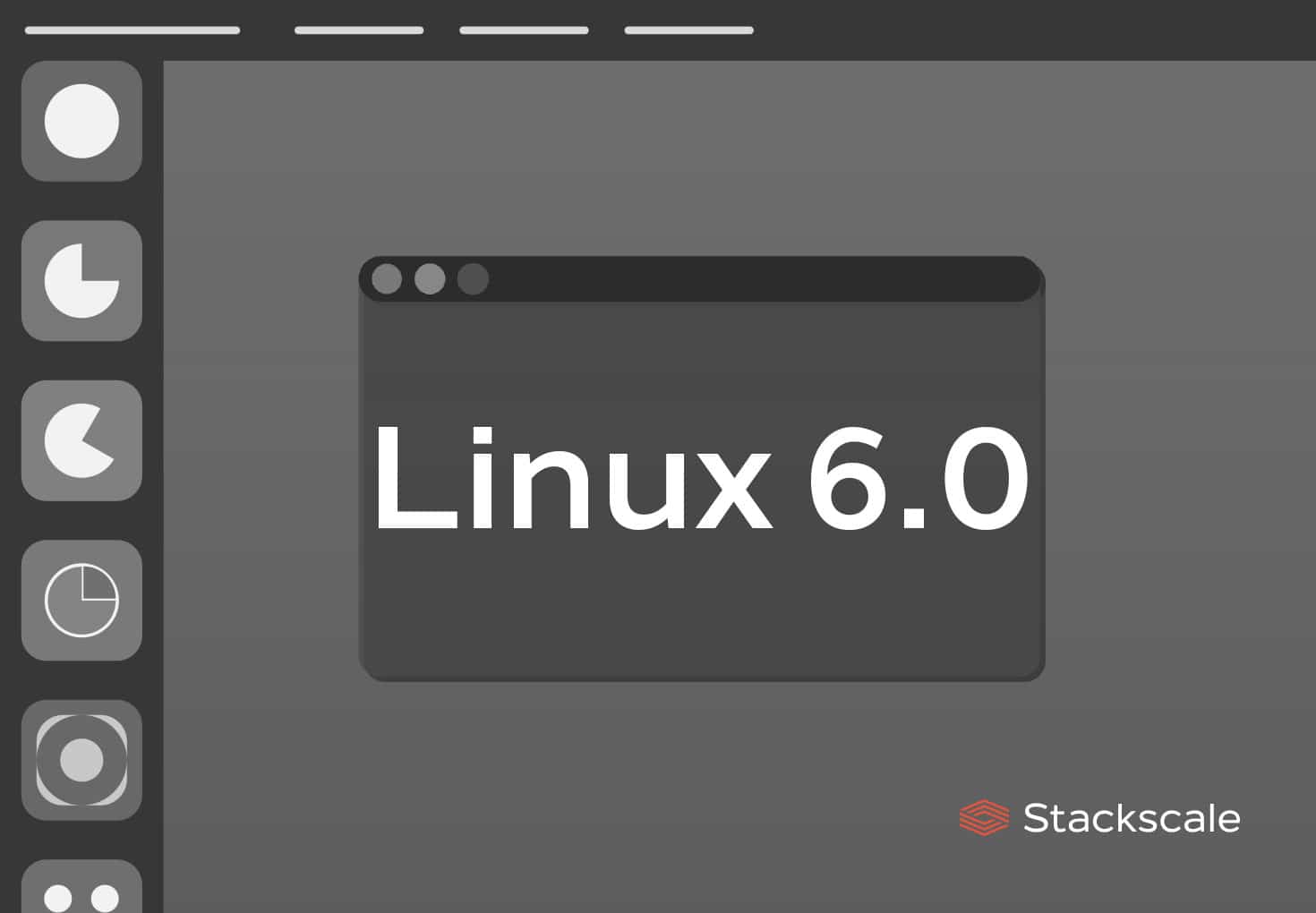Linux kernel 6.0 introduces diverse performance improvements, support for new hardware and security fixes, among other things. This new major version is the successor of the Linux 5.x.y series, whose last version is Linux 5.19.
Linux 6.0: some new features and improvements
On October 2, 2022, Linus Torvalds announced Linux 6.0 as an update with a lot of changes, especially regarding the number of commits. Even though he specified that a change of major version number does not necessarily involve big fundamental changes.
“So, as is hopefully clear to everybody, the major version number change is more about me running out of fingers and toes than it is about any big fundamental changes.
But of course there’s a lot of various changes in 6.0 — we’ve got over 15k non-merge commits in there in total, after all, and as such 6.0 is one of the bigger releases at least in numbers of commits in a while.”
— Linus Torvalds
Here are some of the news and improvements included in Linux kernel 6.0:
- Support for Intel’s 4th generation Xeon Sapphire Rapids processors and 13th generation Raptor Lake core chips.
- PCI support for the OpenRISC and LoongArch architecture.
- Intel SGX2 support.
- Qualcomm Snapdragon 8xc Gen3 support.
- AMD temperature monitoring for upcoming AMD CPUs.
- Scheduler changes, including improved NUMA balancing for AMD Zen.
- Support for NVMe in-band authentication.
- The RISC-V architecture includes a new default configuration capable of running Docker from the start.
- Runtime verification.
- The ext4 filesystem supports new ioctl() operations: EXT4_IOC_GETFSUUID and EXT4_IC_SETFSUUID.
- Raspberry Pi V3D kernel driver support for Raspberry Pi 4.
- Better energy utilization thanks to the removal of the energy-margin heuristics that limited process migration across CPUs.
Linux 6.1
Beyond all the changes that have already been implemented in version 6.0, additional important features are coming soon in Linux 6.1.
One of the most expected features is the support for writing kernel modules in Rust, in addition to C/C++. Nevertheless, in an email conversation with ZDnet, Linus Torvalds warned that Rust will only have the core infrastructure in this first release; which is already a major step. Rust is going up in the list of the most popular programming languages. According to the PYPL ranking, as of October 2022, Rust is in the 13th position.
There is more information about the addition of support for Rust in the Linux kernel in GitHub’s Rust for Linux repository.
The Linux kernel
The Linux kernel is a monolithic, Unix-like operating system kernel; free and open source. It is the kernel of the Linux OS family, which dominates numerous segments of computing, from mobile devices to mainframes, and even the world’s most powerful supercomputers.




